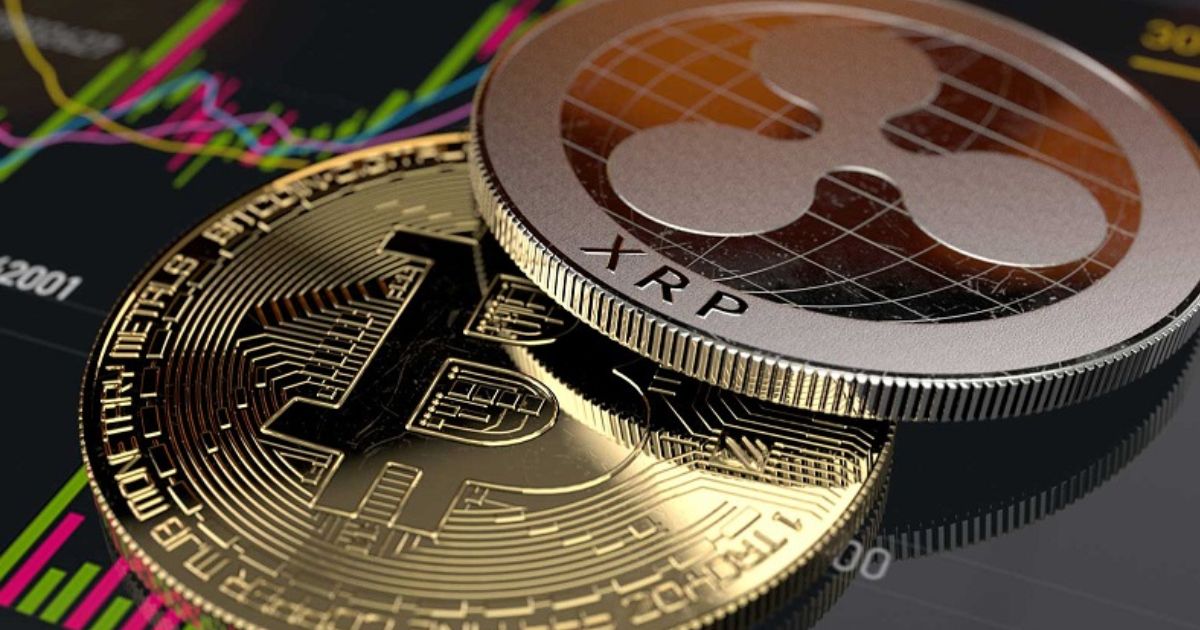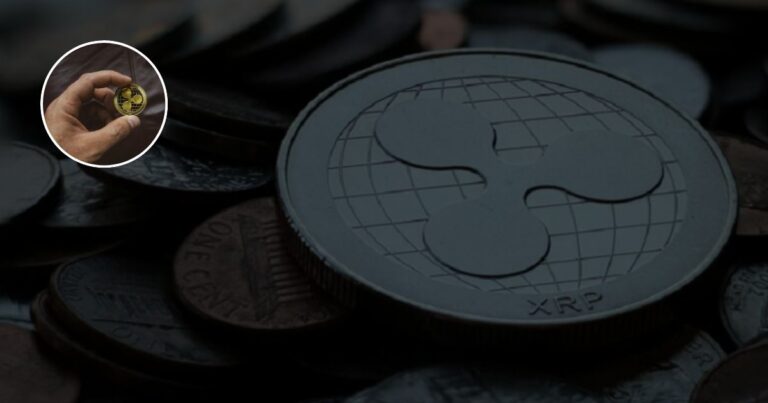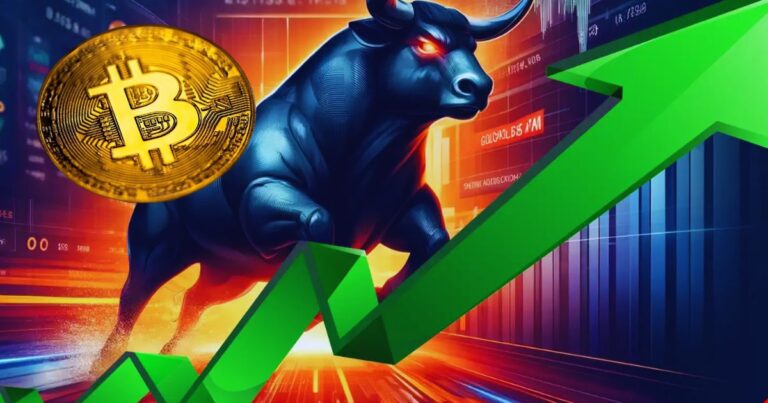
Cryptocurrencies have taken the financial world by storm, with Bitcoin and XRP (Ripple) being two of the most popular options. Both are big names in the crypto world, but they are very different in how they work, their goals, and what they offer to investors.
If you’re wondering whether to choose Bitcoin or XRP for your investment, you’re not alone. In this article, we’ll break down the differences, advantages, and challenges of these two cryptocurrencies in simple terms, so you can decide which is better for you.
What Is Bitcoin?
Bitcoin is the first cryptocurrency, created in 2009 by an anonymous person or group known as Satoshi Nakamoto. It was designed as a digital form of money, free from government control.
Key Features of Bitcoin
- Decentralization: Bitcoin is not controlled by any single authority. It runs on a blockchain, a secure network of computers around the world.
- Scarcity: Only 21 million Bitcoins will ever exist, making it a limited resource like gold.
- Store of Value: Many people see Bitcoin as “digital gold,” a way to store value and protect against inflation.
- Volatility: Bitcoin’s price can rise or fall quickly, making it both exciting and risky for investors.
What Is XRP?
XRP is the digital currency created by Ripple Labs in 2012. Unlike Bitcoin, XRP is designed to make international payments faster and cheaper for banks and businesses.
Key Features of XRP
- Centralized Development: XRP is managed by Ripple Labs, making it more centralized than Bitcoin.
- Fast Transactions: XRP transactions take seconds, compared to Bitcoin’s average time of 10 minutes or more.
- Low Fees: Sending money with XRP costs very little, making it ideal for cross-border payments.
- Focus on Businesses: XRP is mainly used by banks and payment providers for global transfers.
Bitcoin vs. XRP: A Side-by-Side Comparison
Here’s a quick look at how Bitcoin and XRP compare:
| Feature | Bitcoin | XRP |
|---|---|---|
| Year Created | 2009 | 2012 |
| Purpose | Digital currency | Cross-border payments |
| Transaction Speed | 10 minutes or more | A few seconds |
| Transaction Fees | High | Low |
| Supply | Limited to 21 million | 100 billion pre-mined |
| Control | Decentralized | Centralized by Ripple Labs |
| Target Users | Individuals and investors | Banks and businesses |
Why Choose Bitcoin?
Bitcoin is the world’s most well-known cryptocurrency, and it has several advantages:
1. Global Recognition
Bitcoin is like the Coca-Cola of cryptocurrencies. Everyone knows it, and many businesses accept it as a form of payment.
2. Store of Value
Because of its limited supply, Bitcoin is often compared to gold. Many investors buy Bitcoin to protect their money from inflation.
3. Strong Security
Bitcoin’s blockchain is extremely secure, making it difficult for hackers to attack.
4. High Liquidity
Bitcoin is easy to buy and sell because it’s the most traded cryptocurrency in the world.
Risks of Bitcoin
- Price Volatility: Bitcoin’s price can drop suddenly, leading to big losses.
- Slow Transactions: It’s not the fastest option for payments.
- Environmental Impact: Mining Bitcoin uses a lot of energy, which is bad for the environment.
Why Choose XRP?
XRP offers unique advantages that make it a strong competitor to Bitcoin:
1. Fast and Cheap Transactions
XRP’s speed and low fees make it ideal for sending money quickly and affordably, especially across borders.
2. Real-World Use Cases
Banks and financial institutions use XRP for international payments, giving it a practical application that Bitcoin lacks.
3. Less Energy Consumption
Unlike Bitcoin, XRP doesn’t require mining, making it more environmentally friendly.
Risks of XRP
- Centralization: Ripple Labs controls a large portion of XRP, which some critics see as a weakness.
- Legal Challenges: Ripple has faced lawsuits, including one with the SEC in the U.S., which creates uncertainty for investors.
- Limited Adoption: XRP is mainly used by businesses, not individuals.
Which Is Better for Investment?
The choice between Bitcoin and XRP depends on your investment goals and risk tolerance.
Choose Bitcoin If:
- You want a widely recognized cryptocurrency.
- You’re looking for a long-term store of value.
- You’re willing to accept high volatility.
Choose XRP If:
- You’re interested in fast and cheap transactions.
- You believe in the future of cross-border payments.
- You want an environmentally friendly option.
What Experts Say About Bitcoin and XRP
Experts have mixed opinions about both cryptocurrencies:
- Bitcoin: Many see Bitcoin as the “gold standard” of crypto, with predictions of its price reaching $200,000 or more in the future. However, others warn of its volatility and environmental impact.
- XRP: Some experts praise XRP’s real-world use cases and fast transactions, but legal issues with Ripple Labs make it a riskier investment.
Key Takeaways for Investors
- Do Your Research: Understand how Bitcoin and XRP work before investing.
- Diversify Your Portfolio: Consider investing in both cryptocurrencies to balance risk and reward.
- Monitor the Market: Keep an eye on news and trends that could affect the price of Bitcoin and XRP.
- Invest Responsibly: Only invest what you can afford to lose.
Conclusion
Bitcoin and XRP are both powerful cryptocurrencies, but they serve different purposes. Bitcoin is a global digital currency and store of value, while XRP is designed for fast, low-cost cross-border payments.
If you’re looking for stability and global recognition, Bitcoin might be the better choice. But if you’re excited about new technology and want a practical cryptocurrency for transactions, XRP could be the way to go.
Ultimately, the best choice depends on your goals, risk tolerance, and belief in the future of cryptocurrency. By understanding the strengths and weaknesses of both Bitcoin and XRP, you can make a smart investment decision.






